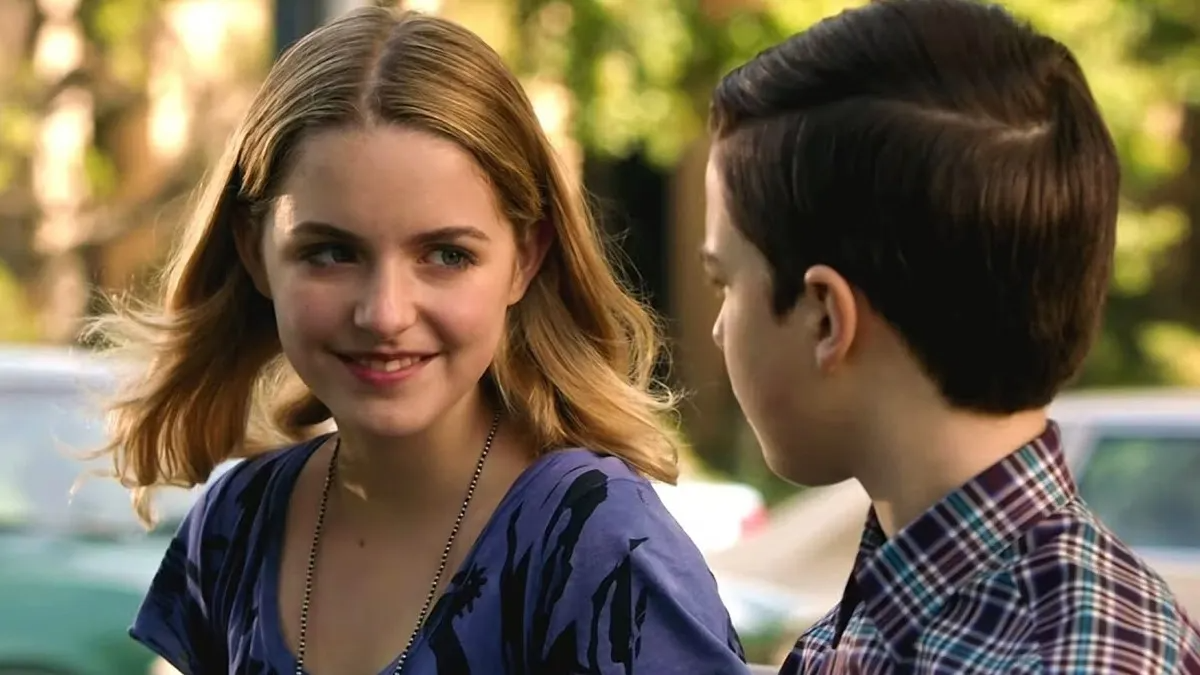
A Bold Pivot in the Big Bang Universe
The Big Bang Theory dominated TV for over a decade, becoming one of the most-watched sitcoms of the 21st century. But despite its success, it also drew its fair share of criticism — especially for its brand of humor.
Now, years after launching its successful prequel series Young Sheldon, co-creator Chuck Lorre is finally opening upabout why the spinoff was made — and it has everything to do with answering that criticism.
Big Bang Theory’s Comedy: Genius or Groan-Worthy?
For many, The Big Bang Theory was laugh-out-loud funny, full of geeky references, social awkwardness, and lovable characters. But others weren’t impressed.
Common Criticisms of the Original Show:
-
Mockery of “nerd” culture instead of celebration
-
Overuse of laugh tracks
-
One-dimensional female characters in early seasons
-
Jokes perceived as outdated or insensitive
Chuck Lorre heard it all — and when the time came to expand the Big Bang universe, he decided to do something radically different.
Why ‘Young Sheldon’ Was Created: Chuck Lorre’s Explanation
In a candid interview, Lorre explained that Young Sheldon wasn’t just a typical franchise cash-in. It was designed to be a “creative pivot” — a way to tell a more nuanced, emotional story about Sheldon’s origins that critics of Big Bangnever saw coming.
“We wanted to explore who Sheldon was before the sarcasm, before the walls went up,” Lorre said.
“And we didn’t want to rely on punchlines every 10 seconds to do that.”
A Shift in Tone, On Purpose
While The Big Bang Theory thrived on multi-cam, laugh-track-driven humor, Young Sheldon took the single-camera, dramedy approach — more in line with shows like The Wonder Years or Malcolm in the Middle.
What Changed in the Spinoff:
-
No laugh track
-
Slower, story-driven pacing
-
Emotional depth and character backstories
-
A deeper look into family life and childhood trauma
It wasn’t just a prequel — it was a rebuttal to those who claimed Big Bang lacked emotional intelligence.
From Sitcom to Storytelling
Lorre revealed that part of the inspiration for the tonal shift came from Jim Parsons himself, who pitched the idea of a Young Sheldon series. The show was designed to dig deeper into Sheldon’s family dynamic, his religious mother, his distant father, and his struggles to fit in.
“We had the opportunity to write about a misunderstood genius child—not as a punchline, but as a person,” Lorre explained.
Critics Took Notice
Interestingly, many critics who had panned The Big Bang Theory found themselves praising Young Sheldon for its heart, sensitivity, and surprising maturity.
Publications that once dismissed Big Bang as shallow sitcom fluff began to call Young Sheldon:
-
“Quietly brilliant”
-
“Surprisingly moving”
-
“A smart, heartfelt reinvention”
That shift in critical tone? Totally intentional, according to Lorre.
A Love Letter to the Misunderstood
Where The Big Bang Theory made Sheldon lovable in an exaggerated, cartoonish way, Young Sheldon shows how he became that person. The spinoff reveals:
-
His early trauma
-
His alienation from peers
-
His complicated relationship with religion and science
-
How his family shaped his emotional walls
These are real themes. And they come with fewer jokes, but more emotional impact.
Comedy with Depth Was the Goal All Along
Lorre insists Young Sheldon isn’t meant to be a dig at Big Bang. Instead, it’s a companion piece — one that shows the serious, often heartbreaking path to becoming someone like Sheldon Cooper.
“You don’t get to that level of brilliance and social detachment without paying a price,” Lorre said. “We wanted to show that price.”
And Yet, It’s Still Funny
Let’s not forget — Young Sheldon isn’t all gloom. It still delivers:
-
Sharp wit
-
Endearing awkwardness
-
Plenty of situational laughs
But it never sacrifices heart for a punchline — and that’s the difference Lorre and his team set out to make.
Legacy of the Shift
The success of Young Sheldon proved something important: audiences will show up for comedy that’s also vulnerable and real. It’s a reminder that sitcoms can evolve, adapt, and even challenge the tropes they helped create.
And for Chuck Lorre — often labeled “The King of Sitcoms” — this project was personal.
“I’ve done a lot of shows,” he said. “But with Young Sheldon, I got to write with empathy. That’s something I’m proud of.”
Conclusion
Young Sheldon wasn’t just made to ride the coattails of The Big Bang Theory — it was a carefully crafted response to its criticism. Chuck Lorre set out to make something deeper, smarter, and more sincere, and in doing so, he showed the world a whole new side of Sheldon Cooper.
Sometimes, the best comedy doesn’t come from the laugh track.
It comes from truth.
FAQs
1. Why was ‘Young Sheldon’ made if ‘The Big Bang Theory’ was already so successful?
Chuck Lorre wanted to explore a more emotional, character-driven story that addressed some of the criticisms of The Big Bang Theory’s style of humor.
2. Is ‘Young Sheldon’ more serious than ‘The Big Bang Theory’?
Yes, it uses a single-camera format without a laugh track and focuses more on family dynamics, emotional growth, and real-life challenges.
3. Did Jim Parsons help create ‘Young Sheldon’?
Absolutely. Parsons pitched the idea and serves as executive producer and narrator for the series.
4. What criticism did ‘The Big Bang Theory’ face?
It was often criticized for mocking nerd culture, relying on stereotypes, and lacking emotional depth, especially in earlier seasons.
5. Did ‘Young Sheldon’ help redeem the franchise?
For many critics and fans, yes. It added dimension and humanity to the Big Bang universe and won praise for its heart and storytelling.
